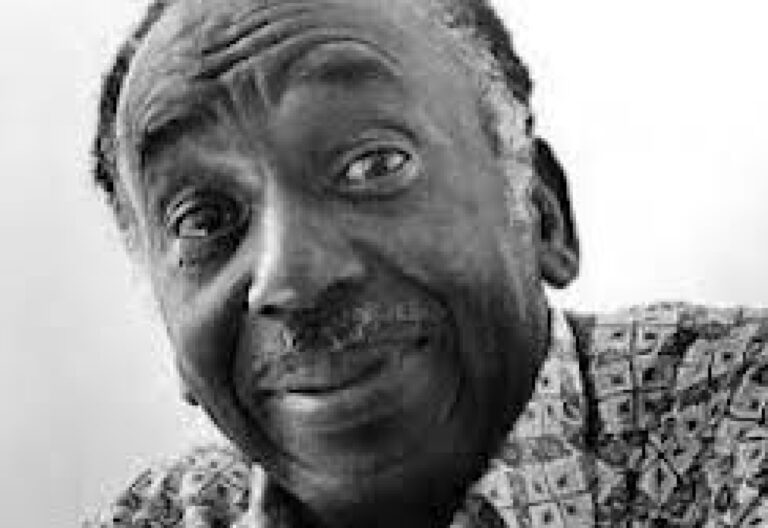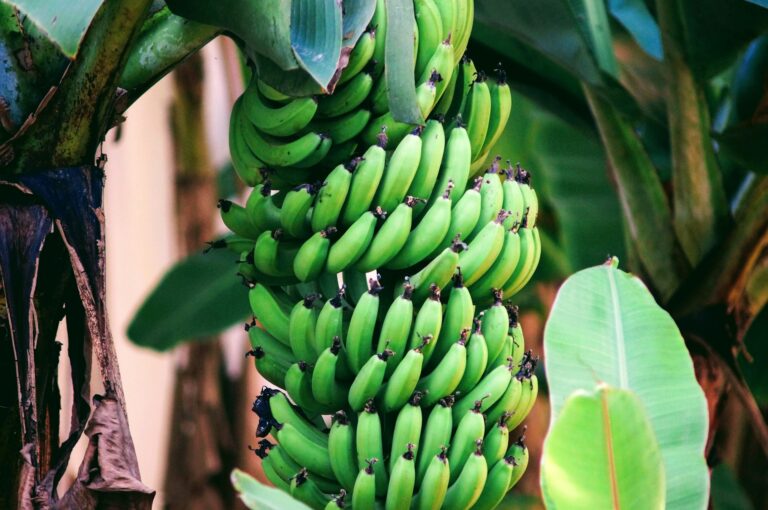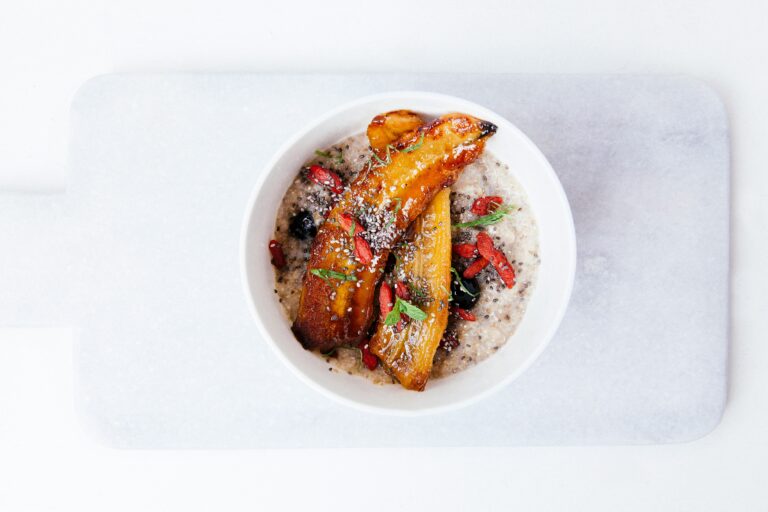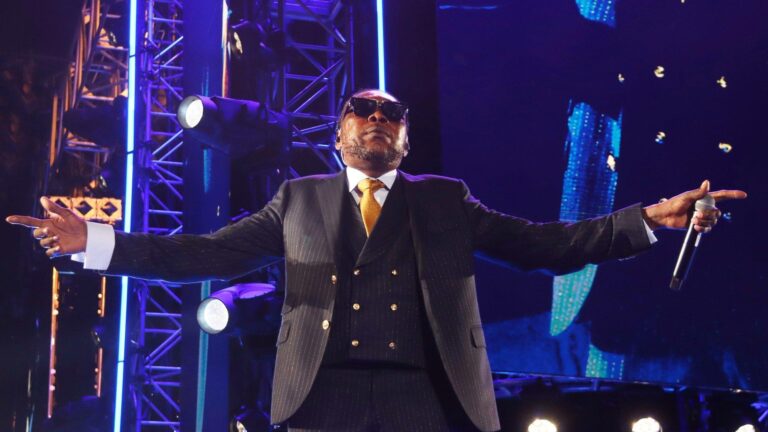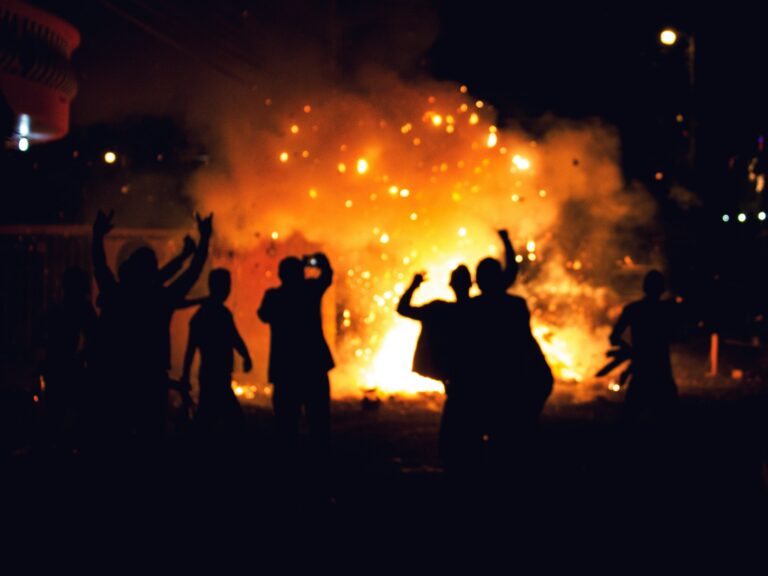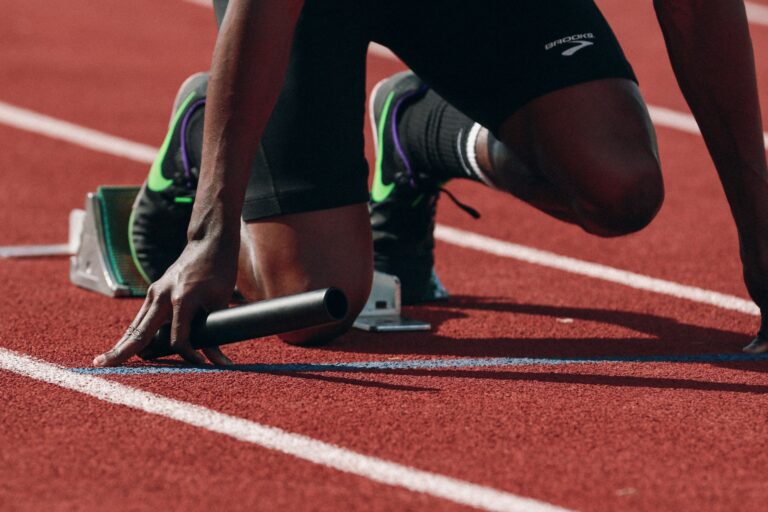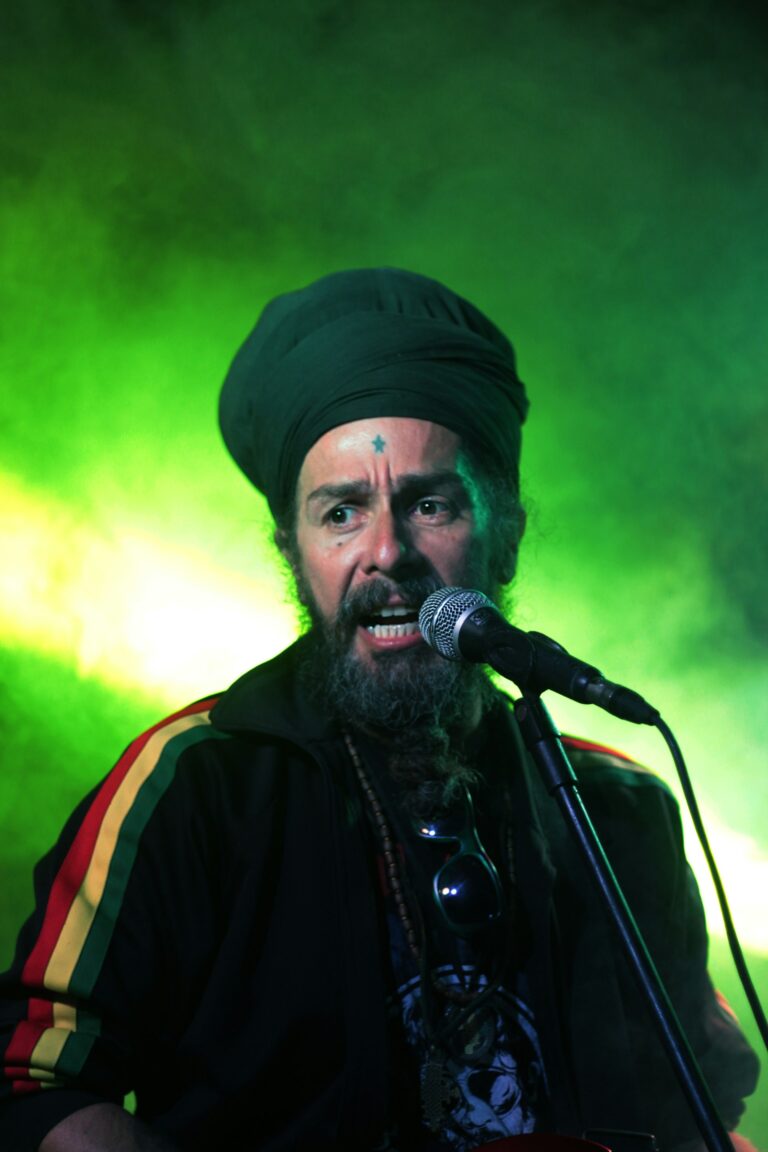Randolph Samuel Williams, affectionately known as “Ranny” or “Mas Ran,” stands as a towering figure in Jamaican theatre and comedy. Born on October 26, 1912, in Colón, Panama, he relocated to Jamaica at the age of six, a move that would set the stage for his profound impact on the island’s cultural landscape.
Early Life and Introduction to Theatre
Williams’s foray into the world of entertainment began under the auspices of Marcus Garvey in 1930. Garvey, a prominent political leader and impresario, provided a platform for Williams at Edelweiss Park in Kingston. This venue was instrumental in nurturing local talent and fostering a rich tradition of vaudeville performances in Jamaica. It was here that Williams honed his craft, engaging audiences with his comedic prowess and storytelling skills. stabroeknews.com
Pantomime and Stage Contributions
Williams’s association with the Little Theatre Movement (LTM) marked a significant chapter in his career. He debuted in the 1942 pantomime “Babes in the Wood,” performing alongside Lee Gordon. This production was pivotal in the Jamaicanization of the traditional British pantomime, infusing it with local folklore and cultural narratives. His portrayal of Brer Anancy in “Anancy and Busha Bluebeard” (1949), alongside Louise Bennett, became iconic, embedding the clever spider from African and Caribbean folklore into the hearts of Jamaican audiences.
Over his illustrious career, Williams participated in over 29 pantomimes, showcasing his versatility by not only acting but also writing and adapting several productions. His contributions were instrumental in shaping the LTM Pantomime into a cherished Jamaican theatrical tradition. ltmpantomime.com
Radio and Television Endeavors
Williams’s talent transcended the stage, making significant inroads into radio and television. He starred in “The Morgie and Putus Show” on ZQI, Jamaica’s first radio station, where he played multiple characters, offering his “first real taste of the big stage.” His collaboration with Louise “Miss Lou” Bennett-Coverley led to the beloved “Lou and Ranny Show,” which began on JBC Radio in 1959. This program delivered Jamaican stories and humor, resonating deeply with listeners and solidifying the duo’s place in the annals of Caribbean entertainment.
In 1963, Williams expanded his reach with “The Ranny Williams Show” on Jamaican television, further endearing himself to households across the nation. His presence on both radio and TV played a crucial role in bringing Jamaican folklore and comedy to a broader audience.
Accolades and Legacy
Williams’s outstanding contributions to entertainment were recognized with numerous awards. In 1968, he received the Silver Musgrave Medal from the Institute of Jamaica, honoring his achievements in the arts. That same year, he was bestowed with the Jamaica Certificate and Badge of Honour. In 1976, his dedication was further acknowledged with the Commander of the Order of Distinction (C.D.) for his exceptional service in the field of entertainment.
Beyond his professional accomplishments, Williams was a committed social worker. He founded the Ranny Williams Youth Club and was actively involved in the Jamaica Movement for the Advancement of Literacy (JAMAL) program, emphasizing his dedication to community development and education.
In honor of his enduring legacy, the Ranny Williams Entertainment Centre in Kingston stands as a testament to his monumental impact on Jamaican culture. This venue continues to host numerous cultural events, ensuring that the spirit and contributions of Maas Ran inspire future generations.
Randolph Samuel Williams passed away on August 11, 1980, but his influence on Jamaican theatre, comedy, and cultural identity remains indelible. His life’s work not only entertained but also enriched the cultural fabric of Jamaica, making him a true national treasure.


